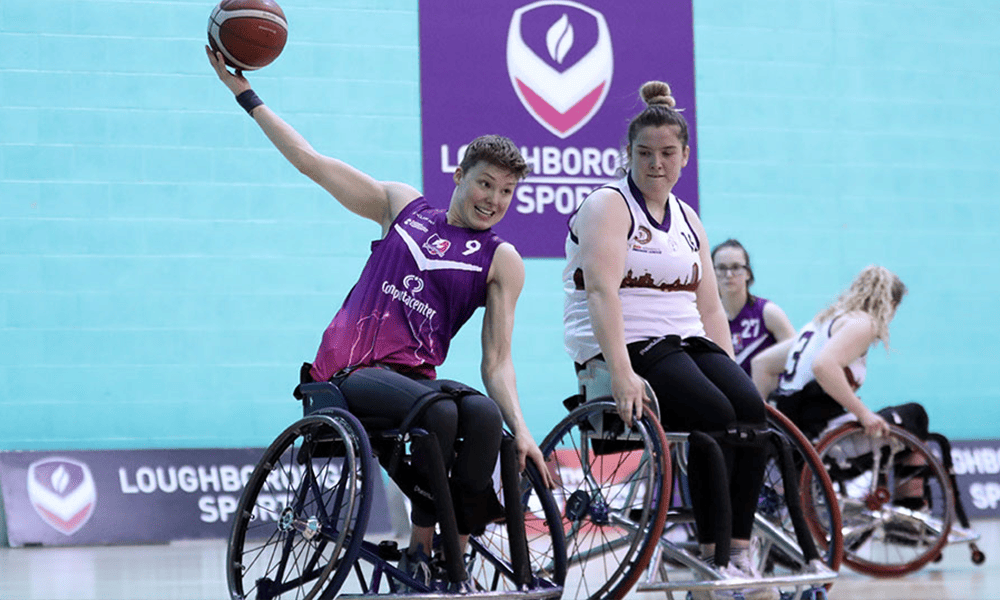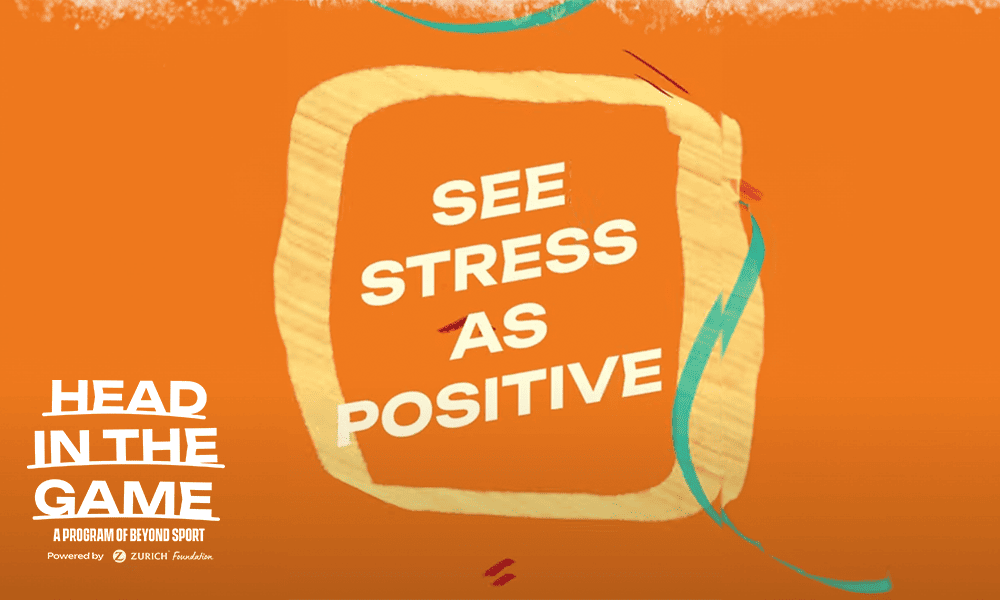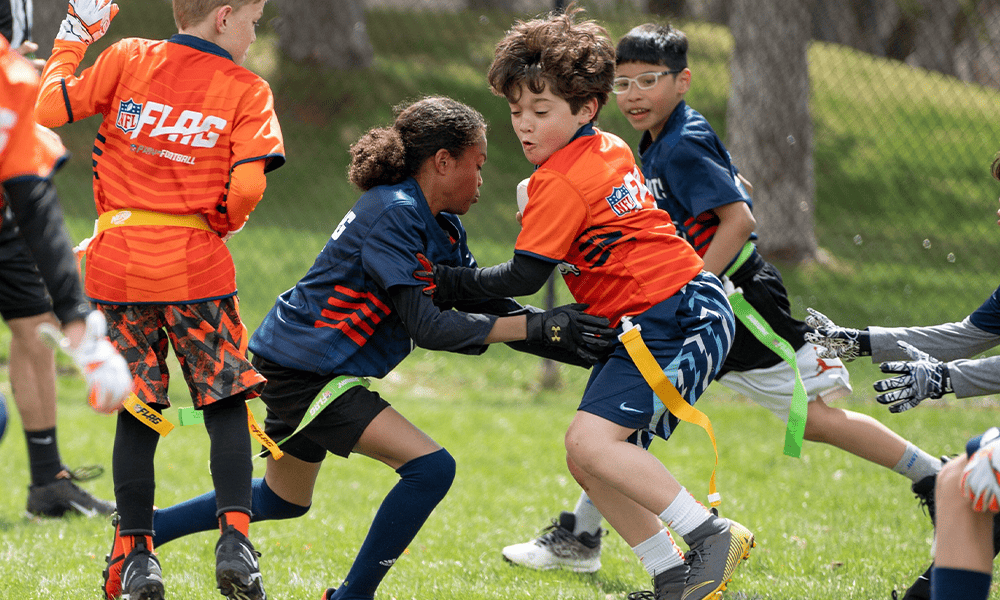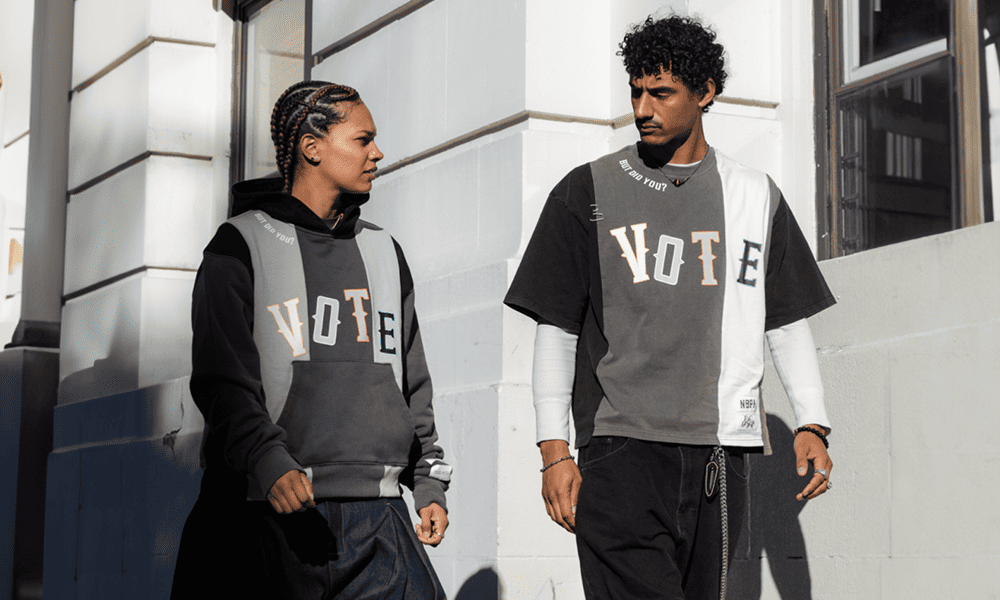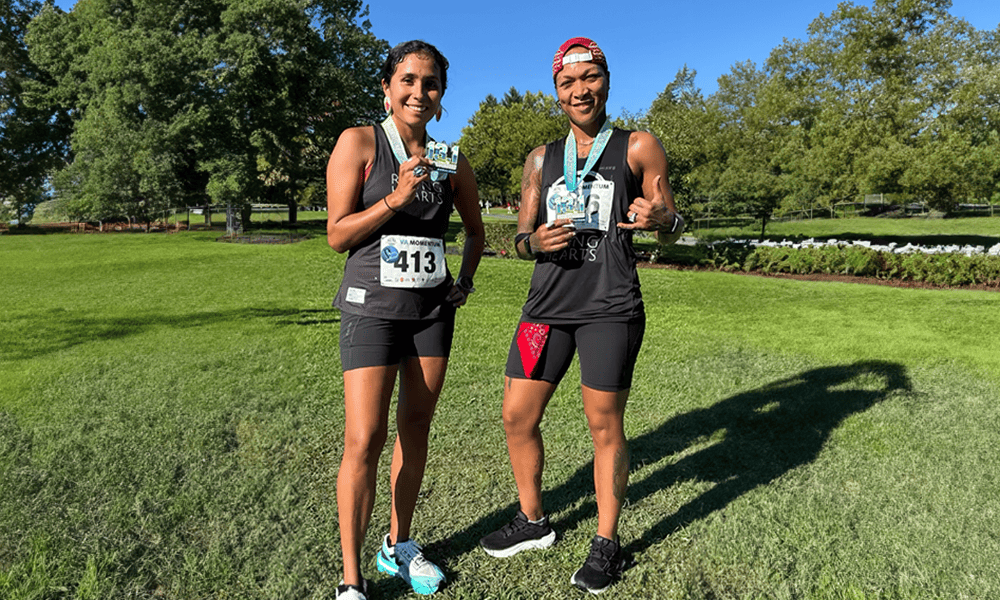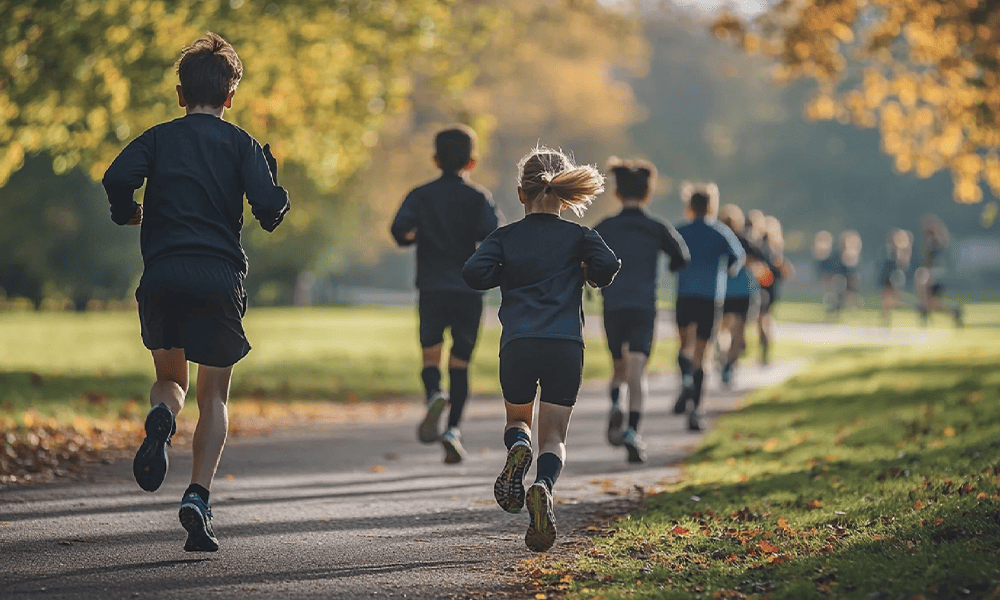November 17, 2023
A group of United Nations (UN) experts, who are part of the Special Procedures of the Human Rights Council, are calling for an end to discrimination against women, LGBTQ+ and intersex people in sports. Ahead of early December’s Sporting Chance Forum in Geneva – which is being held as part of the UN’s yearlong celebration of the 75th anniversary of the Universal Declaration of Human Rights – the 13 members released a policy position to uphold protect human rights in sport without discrimination based on sexual orientation, gender identity or sex characteristics.
The contributors expressed grave concerns about the structural barriers to sport faced by women and girls in all of their diversity, lesbian, gay, bisexual, trans and other gender-diverse persons and intersex persons. These include the inability to access sports facilities, training and sports programs, as well as the general exclusion that is a product of bullying and harassment.
The October 31 statement urges states, athletes and sporting bodies to respect the rights of women and girls, and LGBTQ+ and intersex people to participate in sport. It also encourages States to review standards of inclusion of intersex and trans people to ensure compliance with human rights obligations and the United Nations Guiding Principles on Business and Human Rights.
The call comes at a time of heightened hostility and discrimination towards trans athletes. In recent years, many international sports organizations have introduced new rules and restrictions aimed at excluding transgender and intersex women from competing against cisgender women. Across the US, bans on trans females’ participation in girls’ and women’s sports have been introduced at both the state and local levels.
As of August, 23 out of 50 states have laws that restrict either trans girls’ and/or boys’ participation in sports include Idaho, Montana, North Dakota, Wyoming, South Dakota, Iowa, Indiana, Utah, Missouri, Kentucky, West Virginia, Arizona, Kansas, Arkansas, Tennessee, North Carolina, South Carolina, Oklahoma, Louisiana, Mississippi, Alabama, Texas and Florida. In recent months several sporting bodies, including Union Cycliste Internationale, Swim England and the Welsh Rugby Union have banned trans women from competing in female categories despite the fact that there are few or no professional-level trans athletes in their sports.
“Categoric exclusions of trans and intersex women from women’s sports is a prima facie violation of human rights obligations under the principle of non-discrimination, and their right to privacy,” the experts said. “We are also deeply worried by the accompanying, often offensive, and even hateful targeting of trans and intersex persons in social media and public discourse, especially as it links to their sense of self and bodily autonomy, as those actions impact their physical and mental integrity.”
The group stated that sport has the remarkable potential to bring people together in all their diversity and can be a universal language that promotes the value of respect, diversity, tolerance and fairness, combatting all forms of discrimination and fostering social inclusion for all. “We are convinced that sports have the power to change perceptions, prejudices, and behaviors: it must not be used to reinforce them,” the experts said.
This position builds on a recently published broader policy position of the Special Rapporteur in the field of cultural rights and the Independent Expert on protection against violence and discrimination based on sexual orientation and gender identity, related to the participation of LGBT persons in cultural life.
Source: OHCHR (The Office of the High Commissioner for Human Rights)
